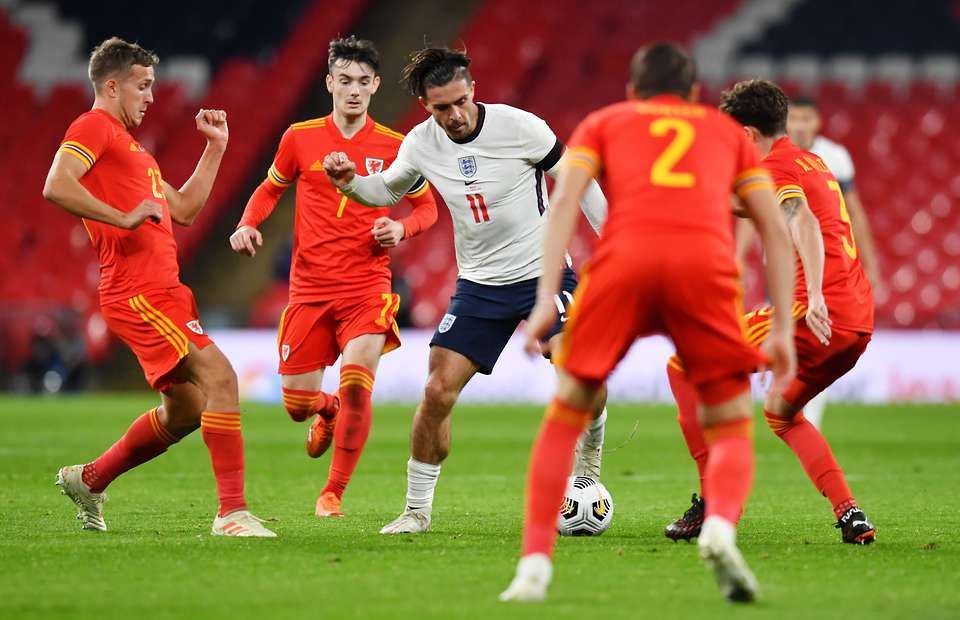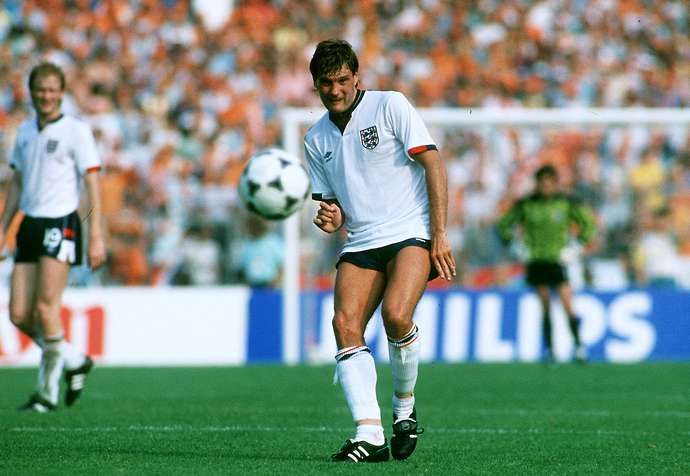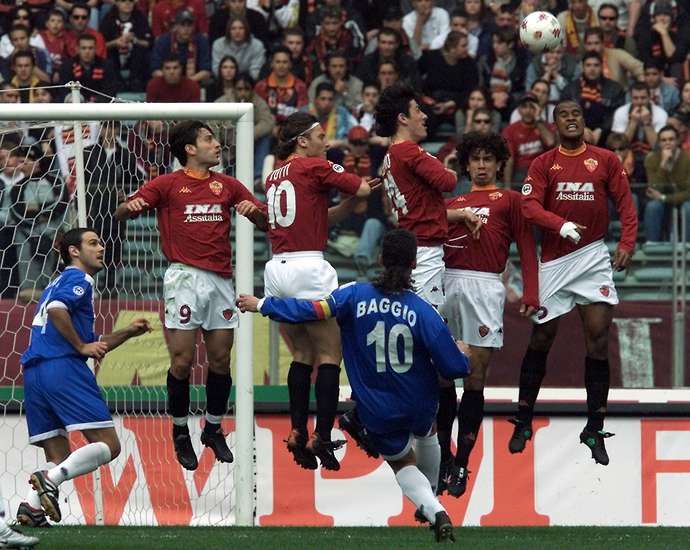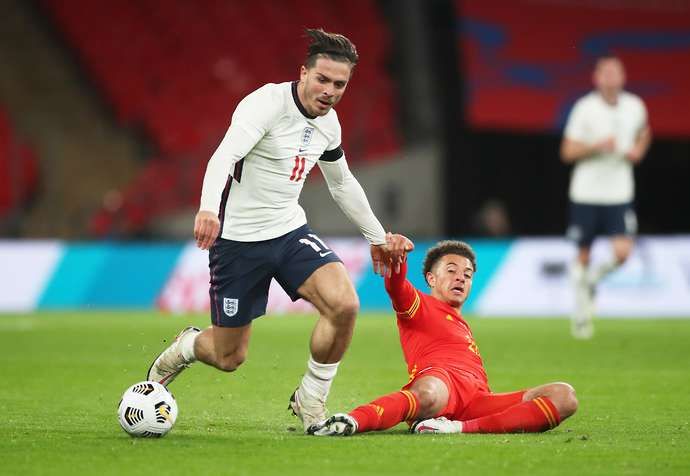Grealish’s journey to becoming an international footballer has been far from straightforward, but it represents a wider problem that’s plagued England for decades now: how to utilise creative talent.What a week for Jack Grealish. Aston Villa’s result on Sunday, a scarcely believable 7-2 victory over Liverpool, sent shockwaves around the football world. Grealish helped himself to two goals and three assists that evening, leading to myriads of praise from fans and the media alike.Fast forward four days and Grealish was handed his full England debut, starting at Wembley in a friendly against Wales. Another man of the match performance followed, crowned by a wonderfully arced cross to fellow debutant Dominic Calvert-Lewin, who duly opened the scoring as a result.Grealish’s ability has been evident for some time now. He first declared himself available for Three Lions selection five years ago, announcing his wishes to play for England over Ireland, where his grandparents had originally been born. Why, then, has it taken manager Gareth Southgate so long to call him up?Ignorance is blissIt’s broadly believed Southgate’s reluctance to select Grealish stems from his off-field antics. A photo of the midfielder, passed out drunk in the street on holiday, spread like wildfire back in 2015, and has since cast him as something of a party boy. A player who typifies the modern day stereotype that footballers are overly flashy and uncouth — an assumption which is not only unjust, but simply untrue.Unfortunately, the viral picture proved sufficient enough to paint an image of Grealish in the media, one he has since struggled to escape. It’s what he’s done on the pitch, though, that hasn’t brought nearly the attention it should have.
Grealish was magnificent in Villa’s promotion-winning season, captaining the side from March onwards and scoring six times in 31 appearances as his talismanic presence helped drive them on to play-off glory. He carried that stellar form into the Premier League, too, adapting his game accordingly to deal with the increased level of playing standard.
Grealish was the most fouled player in England’s top flight last season, drawing no fewer than 167 free-kicks. His quick feet and jinking runs simply couldn’t be contained. He even scored Villa’s decisive goal on the final day of the campaign, securing the club’s safety while showing there was an end product to complement his vast array of skills.
Still, no England call-up was forthcoming, and it was only by way of Marcus Rashford’s injury in September that Grealish finally earned his chance with the senior side. Southgate has always admired Grealish, but has been reluctant to select him. The answer as to why this is the case predates Southgate’s involvement with England.
England’s disregard for ‘fantasistas’
Underappreciating creativity is nothing new when it comes to England. Glenn Hoddle, arguably the Three Lions’ most naturally gifted player of the past 40 years, was regularly misunderstood at international level. He was viewed as a luxury player. Someone who was capable of spectacular things, but had to be carried through parts of games by his 10 teammates.
Similarly, Matt Le Tissier was often labelled lazy, and lambasted for his nonchalance off the ball. One of England’s finest goalscorers, Le Tissier racked up over 200 career goals for boyhood club Southampton, yet only appeared for the Three Lions on eight occasions.
Paul Scholes was another who shone at club level, but was forced out wide for England, with various managers desperate to accommodate the incompatible Frank Lampard and Steven Gerrard in central midfield ahead of him.
This has been the crux of England’s problem for some time now: how to make use of creatively gifted talent. In Italy, players of such calibre are often referred to as fantasistas. The phrase literally translates as ‘playmakers’, but is specifically reserved for number 10s, those with the magical ability to change games in an instant.
Even at the height of Serie A, when defensive prowess reigned supreme, great emphasis was always placed on accommodating players like Diego Maradona and Roberto Baggio. They were seen as match-winners, whose ability not only changed the course of games but far outweighed any headaches that came about as a consequence of their selection.
England, conversely, have shied away from such players, instead placing importance on things like athleticism and teamwork. And it’s historically brought success, most famously through their World Cup victory, but did winning the tournament cause England more problems than it solved?
It’s an argument football historian Jonathan Wilson posits, who claims England felt they’d found a recipe for success after 1966, and subsequently disregarded any other methods or playing styles in the generations that followed. The belief being that collective spirit superseded any form of individualism.
It’s this narrow-minded and risk-averse mentality that has plagued England ever since. Viewing creativity as luxury not necessity. Fortunately, these antiquated attitudes have started to shift over the past few years.
Why Grealish can be England’s panacea
Grealish’s starring role against Wales — operating as a free-roaming number 10 behind Calvert-Lewin and Danny Ings — was the clearest indication yet that Southgate is willing to utilise a player with Grealish’s skill set.
The England manager has often opted for a 3-4-3 or a 4-3-3 since the 2018 World Cup, formations that don’t accommodate number 10s, so the switch to a 3-4-1-2 on Thursday night was a welcomed one.
Here, Grealish shone. Unshackled from defensive responsibilities, Villa’s captain spent the evening drifting into pockets of space, drawing defenders out with clever runs, and generally terrorising Wales with his silky dribbling and an electric turn of pace.
It’s the kind of freedom Villa boss Dean Smith has long since afforded Grealish at club level. While he may commonly line up on the left of front three, ‘Super Jack’, as he’s affectionately known by fans, has licence to come inside and create play as he sees fit. Never was this more evident than in the aforementioned demolition of Liverpool.
Grealish employed every inch of his trickery and guile to befuddle the current champions. Playing in tandem with new loan signing Ross Barkley, he wreaked havoc from the left and had Liverpool’s full-backs wondering whether to chase him inside or back off in fear of him spinning in behind all night.
It’s precisely this unpredictability that England have lacked over the years. All too often the passing and movement has become stagnant, leading to an overreliance on things like set pieces and crosses to create opportunities.
Players like Grealish, Phil Foden, James Maddison and Mason Mount offer something different: a vital link between the midfield and forwards. This new wave of talent shouldn’t be viewed as players whom others must carry through 90 minutes, but instead as keys that can unlock watertight defences and make things happen.
Time will be the ultimate judge of whether Southgate makes use of the creative potency at his fingertips, but Thursday’s match, if nothing else, proved just how slick England can be when embracing players of Grealish’s ilk and their artistic repertoire.





















